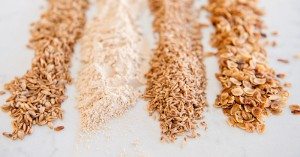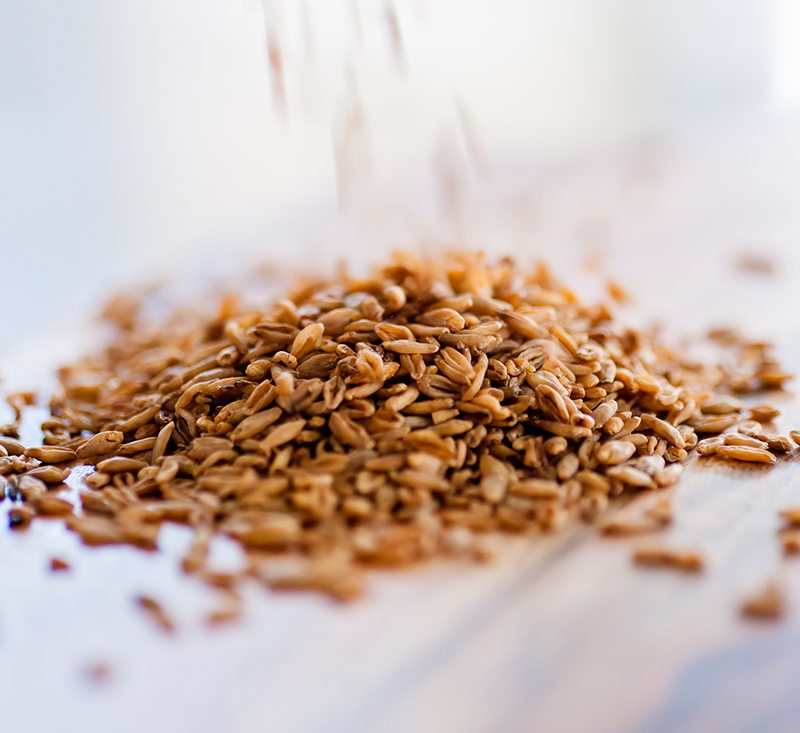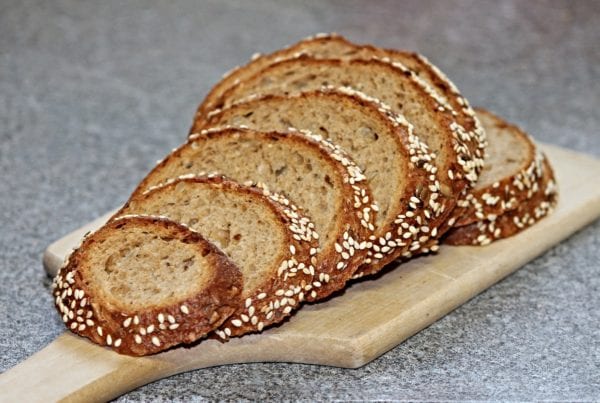As has happened for a number of years gone by, Digestive Wellness has once again has hit the top ten list for food and health trends in 2018. With ongoing emerging research linking our gut to brain health and pretty much every other aspect of our health, it seems that everyone is searching for the holy grail of “digestive wellness”.

As with most popular food and health trends, two things usually happen. Firstly, companies cash in and market products with a benefit (mostly with lots of highly overstated claims). Secondly, people become very confused with the glut of not-always-correct or appropriate information that comes from a variety of sources.
So what exactly is “digestive wellness” and how do we know whether or not nutrition advice or a product is going to help us achieve this elusive state, or simply empty our wallets or potentially even do harm? Below I have tackled some of the common myths around digestive health and consider whether or not these simply are myths, or is there evidence to suggest that following this advice will get your gut in top top shape.
1. A low FODMAP diet needs to be adhered to forever
The low FODMAP diet (Fermentable, Oligo-, Di-, and Mono-saccharides and Polyols) has gained a lot of popularity in the last few years, specifically in the management of IBS (Irritable Bowel Syndrome). Many people who have success with this diet find that they cannot go back to eating the same foods as they did previously because they have discovered that they are intolerant to some FODMAPs. But that’s the thing, it is usually some, not all FODMAPs. Accredited Practising Dietitian and an expert in the low FODMAP diet Chloe McLeod, advises that “once FODMAP triggers have been determined, it is important to re-introduce those that did not cause symptoms, along with small amounts, within tolerance levels, of those that may be in issue in larger quantities. Including other fibre-containing carbohydrates, especially those with prebiotic fibres that help to feed the gut microbiome is also advised. “
2. A detox will help to clean the gut
Detox diets have always been popular as a ‘quick fix’ solution and unfortunately there are still many products on the shelf promising great health through the powders of detoxing. Humans are very fortunate in that we are born with a natural, healthy and built in detoxifying organ which is our liver. There is no evidence to support detox diets and certainly none that target gut health
3. A gluten-free diet can help to eliminate a range of health issues including fatigue, migraines and weight gain
A 2016 CSIRO health report found that 1 in 3 Australian adults are avoiding gluten, yet according to Coeliac Australia, only 1 in 70 are actually affected by coeliac disease. Amongst this group of gluten avoiders there are both clinically diagnosed gluten sensitivity and self-diagnosed gluten sensitivity. It is possible that the self-diagnosed subjects may benefit from further investigation, in part because these individuals could be unnecessarily restricting gluten-containing foods and potentially missing out on essential nutrients. Specifically, there are nutrients found in whole grains that can help to reduce the risk of diseases including heart disease, diabetes and cancer.
4. Eating enough fibre is essential for good digestive health
This is an interesting one as it is partly true, but it is not the whole story. Whilst various dietary guidelines do recommend a total daily fibre intake of up to 30g per day, what is often neglected is the advice to eat a range of different types of fibre for optimal gut health. Many of the commonly eaten fibres are not the best type of food to feed the gut microbiome and there is more evidence pointing to the need for greater consumption of lesser known fibre types such as resistant starch, a prebiotic fibre that provides nourishment for the good bugs in our bowel and has been shown to play a role in minimising cell DNA damage associated with colon cancer.

5. Probiotics are the key to good gut health
Probiotics have been associated with a range of health benefits, everything from lowering blood pressure and cholesterol to alleviating skin conditions, anxiety and depression. Whilst the jury is definitely still out on most of these claims, what most people neglect when ingesting millions of probiotic beneficial bacteria, is that these bugs need a good dose of prebiotics to help them flourish and impart their health benefits. Without enough prebiotic fibre to support their growth in the gut, any potential health benefits of these bacteria will be lost. When the good bacteria are dominant in the gut, they help to establish an environment that nourishes the cells that line the gut wall. This is known as the ‘prebiotic effect’.
As this mega trend of digestive health moves beyond a tipping point, it is up to qualified nutrition professionals to help cater to the demands of a population that has become quite fixated on the gut and every aspect of health that goes with it. It will become even more essential to stay on top of the science, given this complex and evolving issue of digestive health.
I’d love to hear your thoughts on this topic – please leave me a comment below.

Teri Lichtenstein (APD)
Intended as general advice only. Consult your health care professional to discuss any specific concerns.





